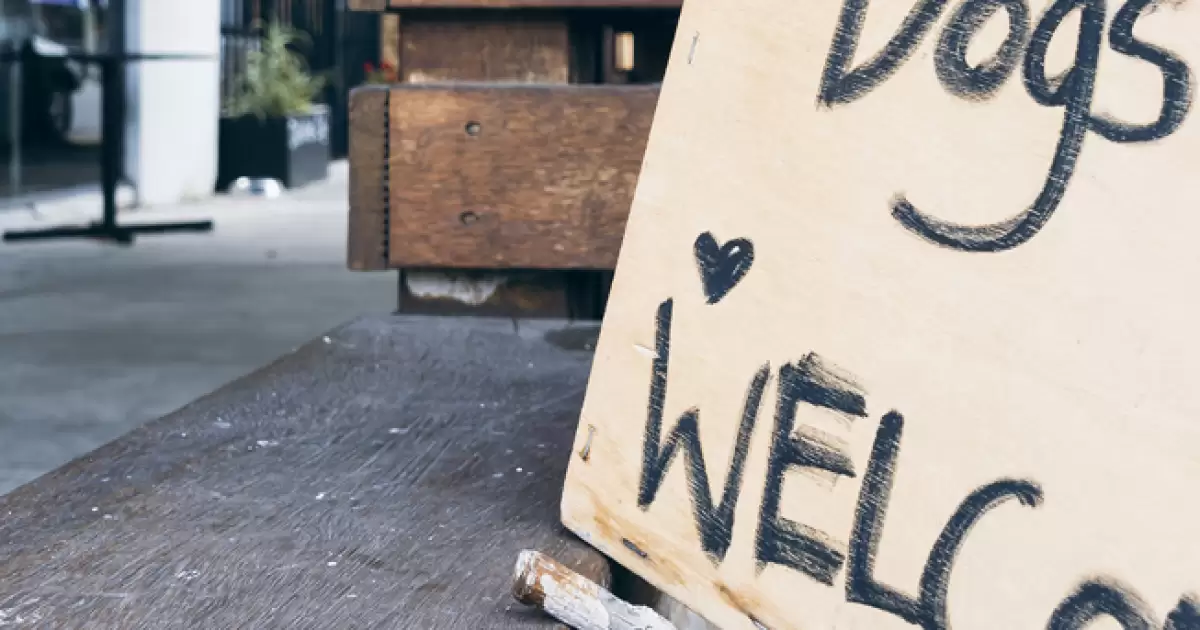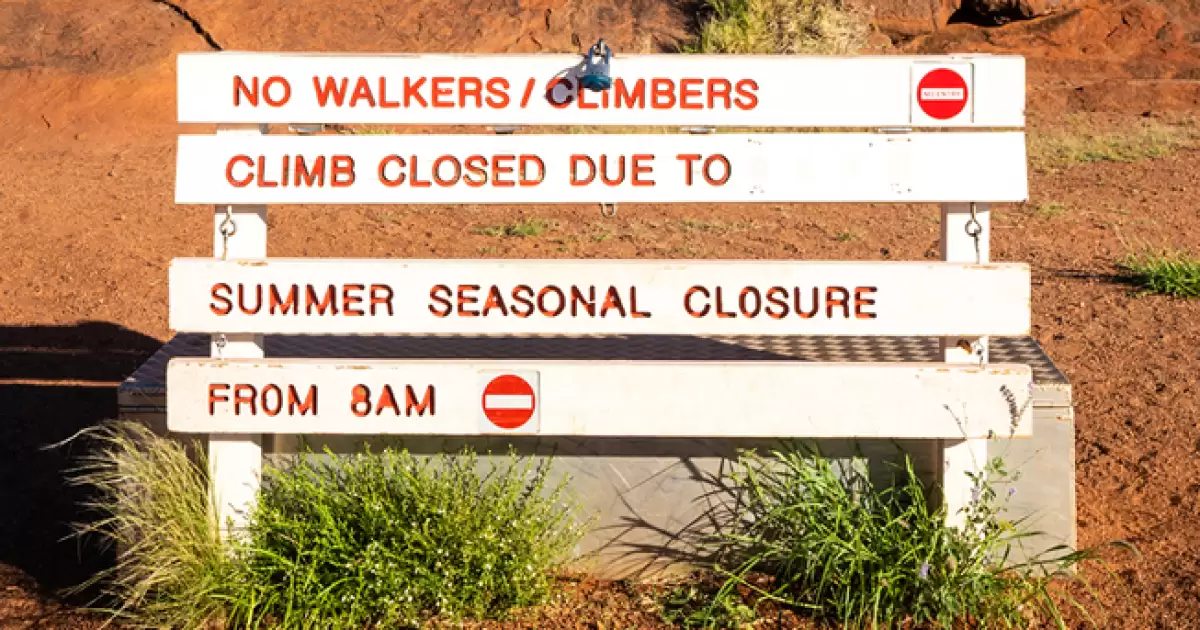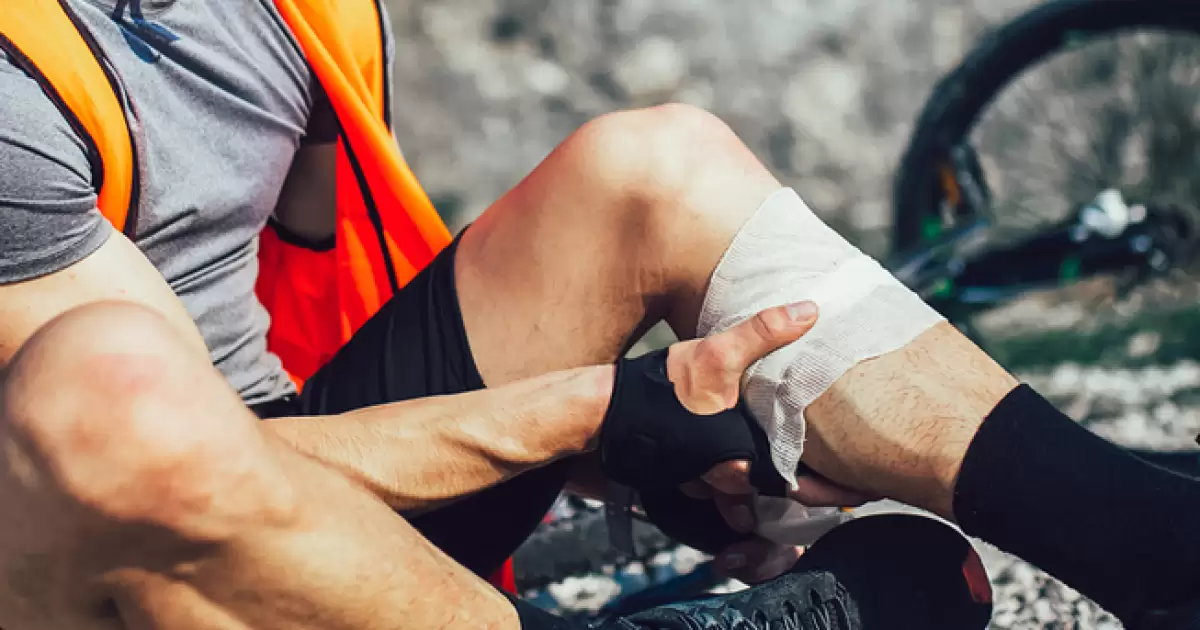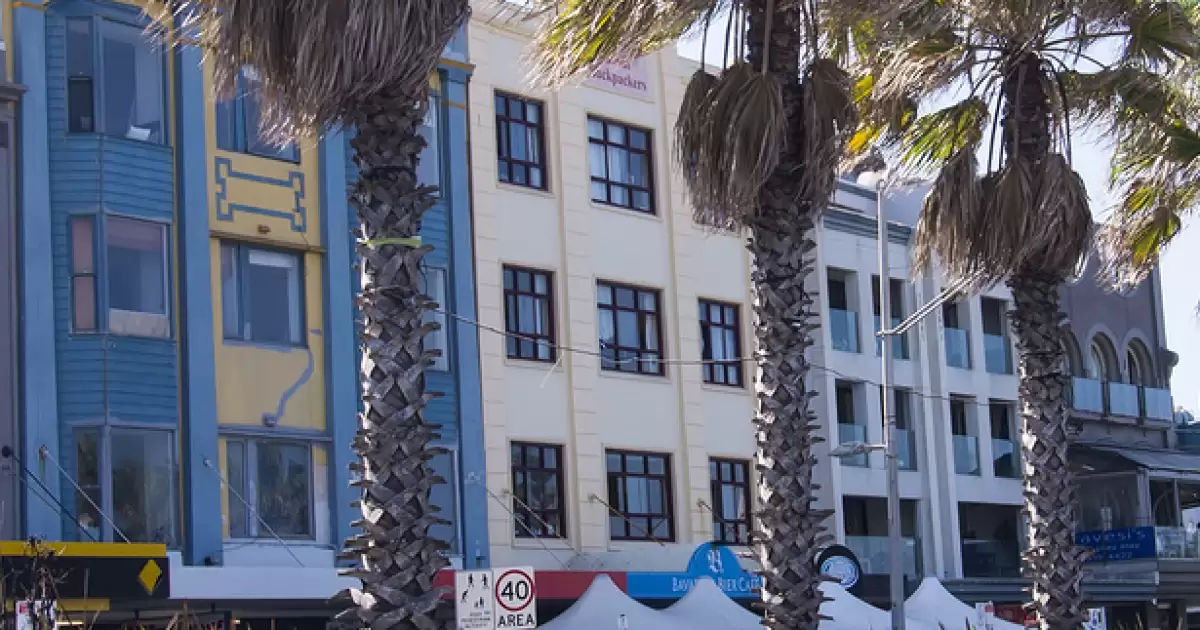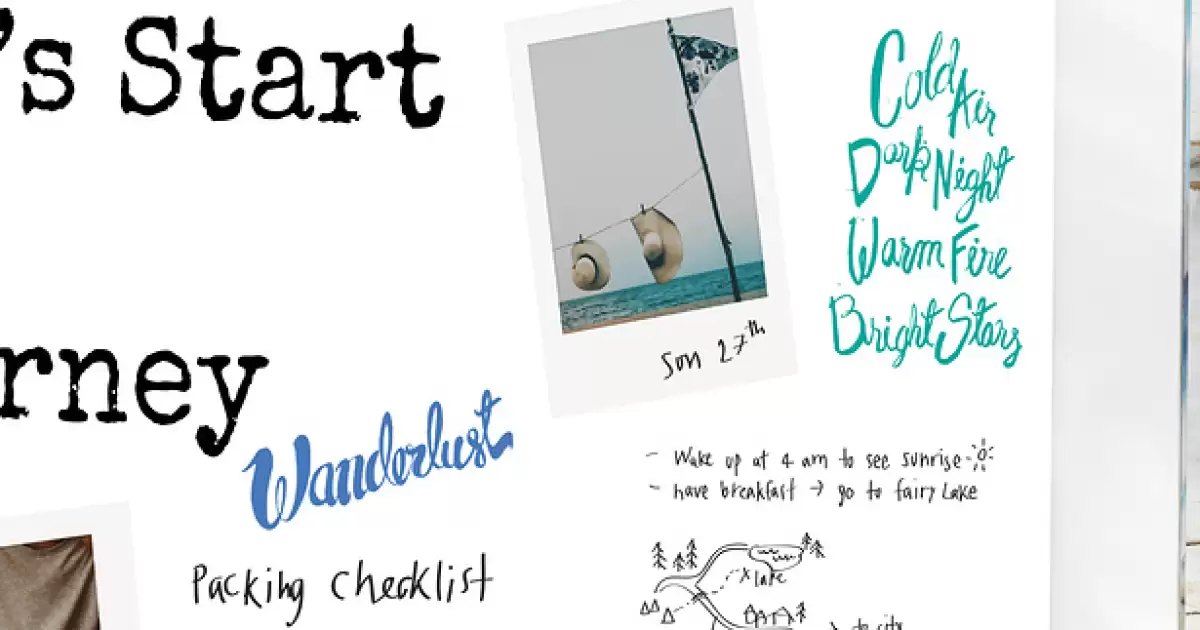When embarking on a camping or caravanning adventure, it's important to remember that transporting LPG gas cylinders requires special attention. These cylinders, used for various purposes such as cooking or heating, can pose hazards if not handled properly. In this article, we'll explore some essential safety guidelines to keep in mind.
1. Transportation and Restraint
LP gas cylinders should always be properly restrained during transportation. Whether it's in a trailer or the tray of a ute, secure the gas cylinders to prevent unwanted movement and potential accidents. By following this simple step, you can ensure the safety of both yourself and other passengers.
2. Upright Storage
It is crucial to store LPG cylinders in an upright position. By doing so, you allow only the vapour at the top to be released. However, laying the cylinder on its side or upside-down can cause the release of LPG as a liquid, which should be avoided. Liquid LPG can be extremely cold and may cause freeze burns on exposed skin.
3. Checking Cylinder Condition
Before setting off on your holiday, take a moment to inspect the condition of your LPG gas cylinder. Check for signs of expiration, rust, or leakage. Ensuring the cylinder's integrity will help prevent potential safety risks during your trip.
4. Leak Detection
To detect a potential gas leak, there are a couple of simple methods you can use. LPG gas comes with a distinct smell, thanks to an added odorant for safety and detection purposes. Additionally, you can perform a soapy water test by applying it to the entire hose assembly, including the tank's valve and regulator. If you observe bubbles forming, it indicates a leak that needs immediate attention.
Remember, LPG is a non-toxic but flammable gas. Inside a vehicle, a gas leak can quickly create an explosive fuel and air mixture that can be ignited by a car's mechanisms. By following these safety measures, you can ensure a safer and more enjoyable camping or caravanning experience.
When LPG is vented into the outside air, it quickly dissipates.
Follow these precautions for travelling with LP gas cylinders safely:
- store LPG bottles outdoors with good ventilation
- keep valves firmly closed when not in use
- do not transport cylinders exceeding nine kilograms
- cylinders are not to be transported in the enclosed boot of a vehicle
- cylinders must have a current legible test mark
- cylinders must be secured firmly in an upright position on the vehicle floor
- vehicle windows should be wound down to allow for cross-flow ventilation
- do the soapy water leak test after connecting a fresh cylinder
- do not smoke in the vehicle
- do not store LPG cylinders near an ignition source
- keep LPG cylinders away from flames or other heat sources
- remove the gas cylinder from the vehicle as soon as possible
- do not store or use flammable liquids or aerosols near LPG cylinders
- always turn off at gas bottle when finished with use


